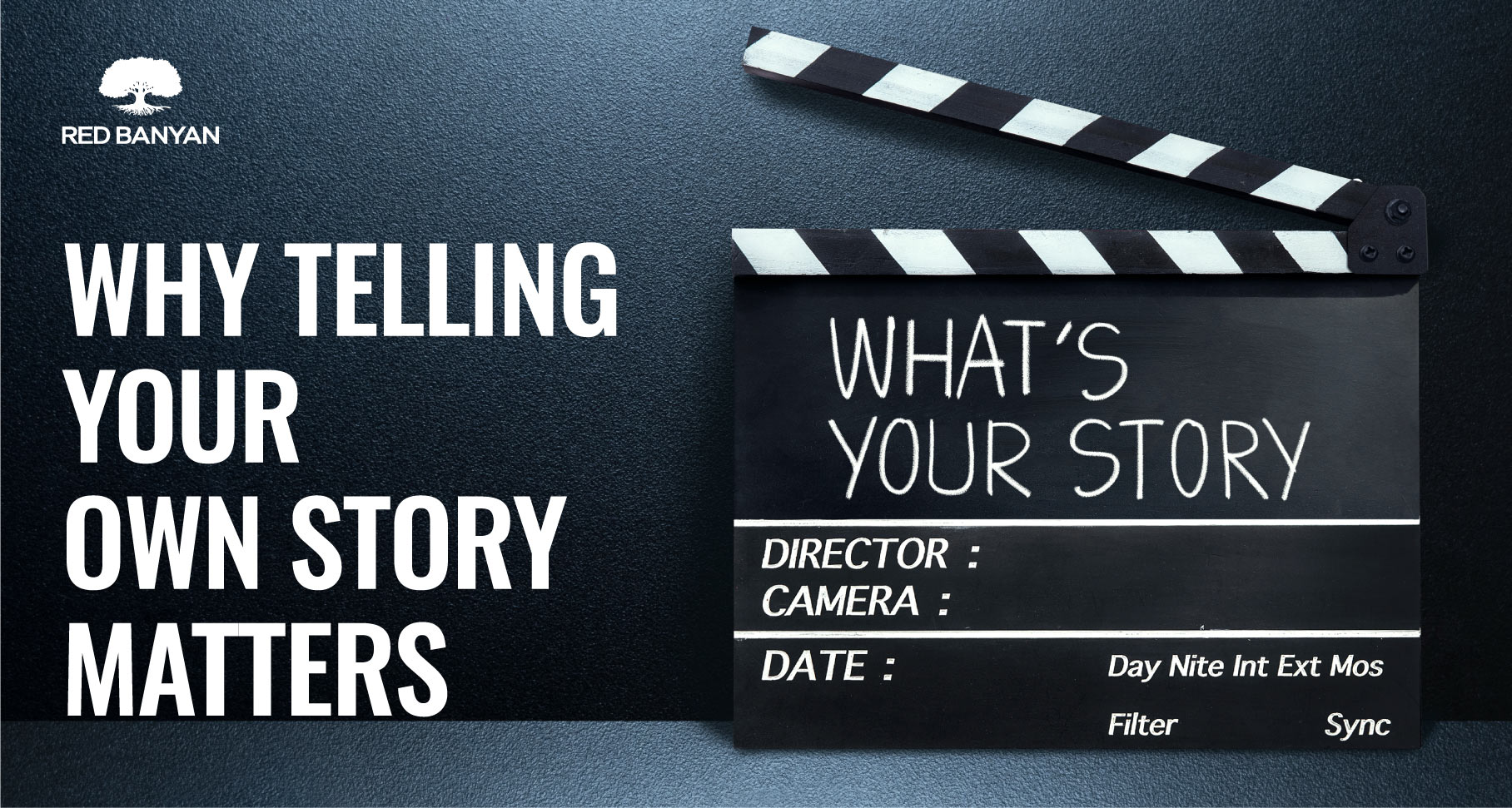Fast Company: Red Banyan CEO on Why Telling Your Own Story Matters
February 23, 2023 | Category: Blog, Crisis PR, Media Relations, News, Public Relations

Red Banyan Founder and CEO explains in a Fast Company article why telling your own story is important.
When it comes to your company’s truth, own and take charge of it. Relying on someone outside your organization to get the facts straight or understand your point of view can be risky business. In a crisis, no one knows what should be said and done better than you, so why let someone else take the lead?
Read the entire article here.
Crisis communication: Why telling your own story matters
In a world where social media and “fake news” often distort the truth and skew facts, it’s more important than ever to tell your own stories and make sure the information you share is accurate.
In a world where social media and “fake news” often distort the truth and skew facts, it’s more important than ever to tell your own stories and make sure the information you share is accurate. This holds true for businesses, nonprofits, private individuals, and any other kind of organization. All can be negatively affected if a crisis occurs and the surrounding narrative spins out of control unchecked. Misstatements can be hard to recall. They can also cause long-term damage.
TELL YOUR OWN STORY
When it comes to your company’s truth, own and take charge of it. Relying on someone outside your organization to get the facts straight or understand your point of view can be risky business. In a crisis, no one knows what should be said and done better than you, so why let someone else take the lead?
Crisis communication is all about planning ahead, so make sure you do it. In my experience, organizations that outline a crisis response plan before they need one have the best chance of weathering a disaster unscathed. Knowing what to say and when to say it is key to owning the narrative and controlling what is said about your company.
Taking control of the narrative is one way to make sure that your side of the story is told the way you want it to be told. If you wait, you may have to respond to someone else’s version of the facts and defend your own position, even if they are wrong. Being proactive instead of reactive can help ensure a positive outcome. Be first, be fast, and get ahead of the story.
WORK WITH THE MEDIA
Share your story with the media and establish yourself as a reliable source and subject matter expert. This way, reporters come to you for information instead of contacting you as a backup plan. Don’t wait to respond to someone else’s incorrect interpretation of the facts. Go to the media first and get your story on the record as the real deal.
Establish a working relationship with the media before you find yourself the focus of a potential story. That way, if an emergency occurs, you already have an established press contact. The best relationships are based on trust, so always be honest, admit you made a mistake if you did, and explain what you are doing to right the wrong. In the end, the truth always comes out, and lies only escalate a brewing crisis.
LEVERAGE SOCIAL MEDIA
Whether you like it or not, social media is here to stay, and if you are experiencing a crisis, it could be amplified online. Watch all your social media channels closely and be aware that small disagreements can evolve into brewing controversies in the blink of an eye.
Try to provide answers or offer solutions. Never argue. If the temperature heats up, take the conversation offline if possible. Ignoring negative comments simply forfeits a chance to tell your side of the story. Set up alerts so you know when your organization’s name is mentioned online and pay attention to what is being said so you are not caught unaware.
Social media also has a very good side: It is an incredibly effective medium for sharing stories, so use it to highlight all the good your organization accomplishes. Share thumbnail profiles of exceptional employees and news of merit awards, highlight significant accomplishments, and spotlight company milestones. Push out as much positive news about your business as possible. That way, when something negative occurs, bad news is not the only news an online search of your business will yield.
SHAPE YOUR IMAGE WITH POSITIVE CONTENT
How would you like your organization to be viewed by others? The end result is in your hands. Businesses no longer need news coverage to share updates about new initiatives. They can do it themselves by posting regularly on social media and telling their own stories. Give followers a peek behind the scenes with photos from the breakroom or share news of a volunteer initiative by posting photos of the event.
By curating positive content online and sharing your own story, you can ultimately help shape how your organization is viewed by others and mitigate any reputation damage that could occur if an online attack or real-life crisis occurs.
Evan Nierman is Founder and CEO of Red Banyan, a global crisis PR agency, co-author of the book The Cancel Culture Cure and author of Amazon bestseller Crisis Averted.

